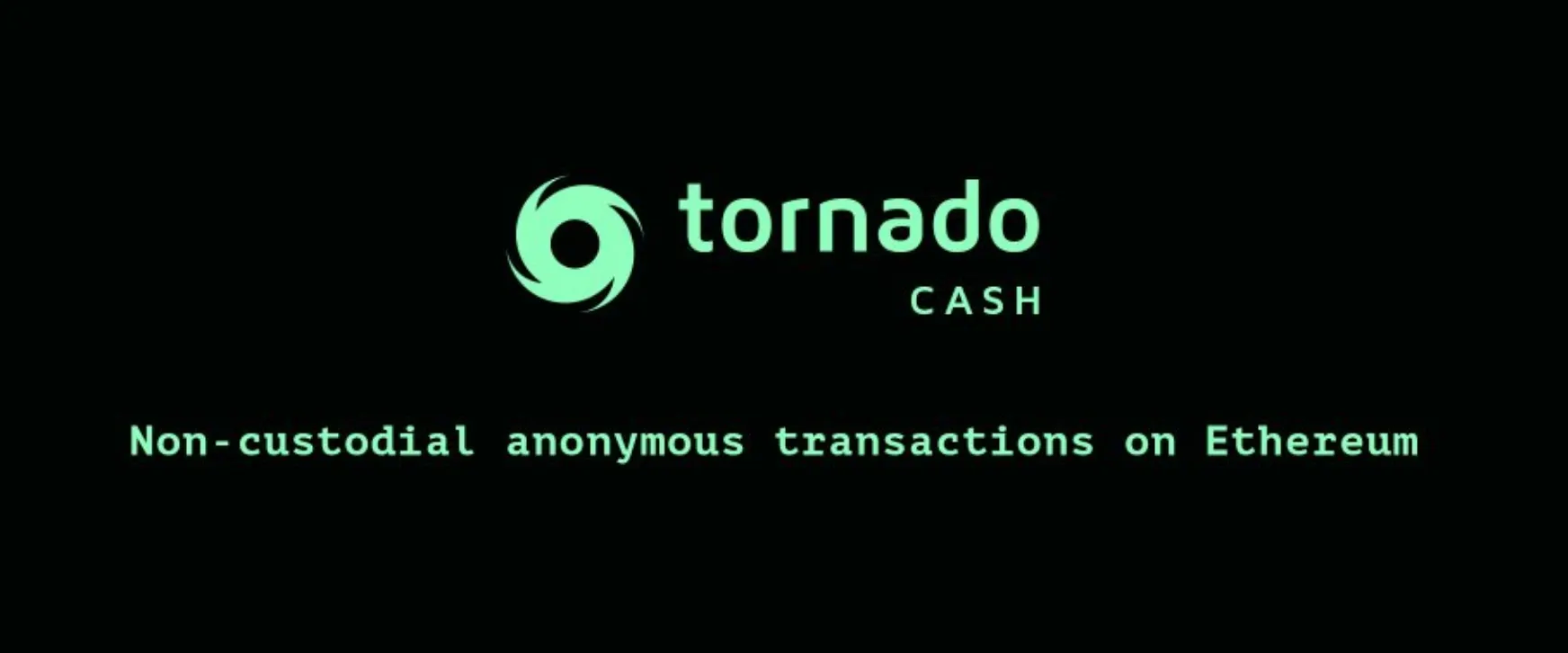Another Court Orders Treasury to Lift Tornado Cash Sanctions

This marks the second regulatory defeat for the Treasury after the U.S. Fifth Circuit Court handed down a similar ruling in November 2024.
A federal court in Texas ruled Tuesday that the U.S. Treasury overstepped its authority by sanctioning decentralized crypto mixer Tornado Cash, crippling the government’s attempt to regulate the protocol.
This marks the second regulatory defeat for the Treasury. In November, the U.S. Fifth Circuit Court ruled that the Treasury overstepped its authority by sanctioning similar immutable smart contracts.
The U.S. District Court for the Western District of Texas ruled that Tornado Cash’s immutable smart contracts could not be classified as “property” under the International Emergency Economic Powers Act (IEEPA).
“It is ordered and adjudged that the judgment of the district court is reversed, and the cause is remanded…,” the ruling states.
Following the ruling, Tornado Cash’s native token, TORN, has climbed past $25, an increase of over 200% by Wednesday morning, according to CoinGecko data. It has since settled to $19.78 at the time of writing.
“The immutable smart contracts at issue are not property because they are not capable of being owned,” the judgment stated, limiting the government’s ability to regulate open-source blockchain protocols.
The Treasury’s Office of Foreign Assets Control (OFAC) sanctioned Tornado Cash in August 2022, citing its alleged role in laundering $455 million in stolen crypto linked to notorious hackers North Korea’s Lazarus Group.
In Tuesday’s decision, the court flagged the limits of regulatory authority, noting that the IEEPA, a law granting the President economic powers during emergencies, was not intended to target neutral, open-source software.
Even with the sanctions in place, “those immutable smart contracts remain accessible to anyone with an internet connection,” the court added.
The case will now return to the district court for further proceedings based on the Texas court’s interpretation.
Tornado Cash, a coin mixer on the Ethereum blockchain, enables users to obscure transaction details by pooling funds.
While designed for privacy, the tool has also been vastly exploited by malicious actors.
OFAC added Tornado Cash and its associated addresses to the Specially Designated Nationals (SDN) list, prohibiting U.S. persons from interacting with it.
The court pointed out that such contracts, being autonomous and unchangeable, cannot be classified under existing laws as regulated assets.
But it’s not all smooth sailing for the crypto mixer. Just last September, a New York court refused to dismiss money laundering charges against co-founder Roman Storm.
Prosecutors alleged he conspired to operate an unlicensed money transmission business, enabling sanctions evasion and laundering through Tornado Cash.
The sanctions also led to the arrest of developer Alexey Pertsev, who remains jailed in Netherlands for allegedly laundering $1.2 billion via Tornado Cash.
Edited by Stacy Elliott.
Related News
- Puffpaw Brings its ‘Vape-to-Earn’ Model to the Mainstream With New NFT Launch
- Dogecoin and Trump ETFs Could Arrive by April: Analysts
- Circle Scoops 'World's Largest' Tokenized Money Market Fund Amid Sector Boom
- UAE Crypto Firm Admits to Wash Trading on Uniswap Following FBI Sting Operation
- MicroStrategy Shareholders Clear the Way for Even More Bitcoin Buys
- Trump Announces $500 Billion AI Investment Initiative to Spur Growth
- Trump's Meme Coin Whipsaws After President Says He Doesn't 'Know Much About It'
- Trump Pardons Former Silk Road Founder and Bitcoin Icon Ross Ulbricht
- 'Wartime' Vitalik, DeFi Moves, and Milady Vibes—What's Up With the Ethereum Foundation?
- Crypto.com Relaunches US Institutional Exchange With Trump in White House
© 2025 DeFi.io